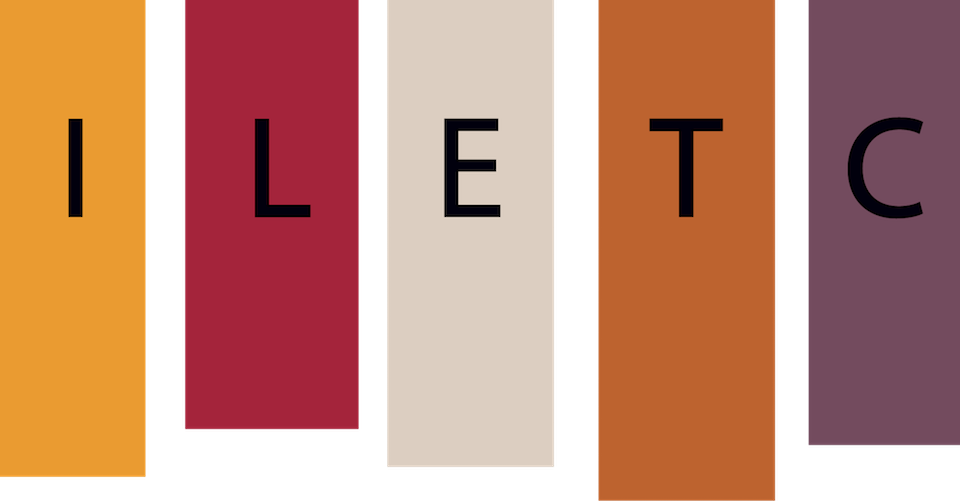We’re pleased to announce that the LaPEL (Language Placement for Equitable Learning) team has been invited to present our study on using vocabulary knowledge as a proxy for proficiency level …
Category: Announcements
ILETC’s IPAP Team Presenting at HLAW2 | UMass, Amherst
We’re pleased to announce that the IPAP (Investigating Pedagogies for Advanced Proficiency) team has been accepted to present our Complexity study at the Heritage Languages Around the World 2 (HLAW2) …
Event on 12/7/2023! “The Speaking Proficiency Outcomes of Face-to-Face and Online Intensive Language Instruction”
Come join us on Dec. 7, 2023 at 1:00 PM EST for a presentation by Dianna Murphy and Lidia Gault. This presentation shares findings from a mixed-methods research study to …

ILETC’s IPAP Project Featured in DOE Newsletter!
ILETC received recognition in the U.S. Department of Education’s October 2023 IFLE (International and Foreign Language Education) newsletter for the IPAP (Investigating Pedagogies for Advanced Proficiency) project! Our segment of …
Read ILETC’s Fall 2023 Newsletter!
To read the newsletter with active hyperlinks, click here!
ILETC receives U.S. Department of Education grant for their Language Placement for Equitable Learning (LaPEL) project!
We’re delighted to announce that the Institute for Language Education in Transcultural Context, (ILETC) at the CUNY Graduate Center and the Modern Languages and Literatures Department at CUNY John Jay …
Event on 10/5/2023! “Fitting the Program to the Learners: Adapting Translation Competence Models to Heritage Speakers”
Come join us on Oct. 5, 2023, at 3:00 PM EST, for a presentation by Cristina Lozano Argüelles and Aída Martínez-Gómez. This presentation is part of the Center for Integrated Language …
Event on 8/10/2023! Introducing We Authors, an L2 Writing Website
We invite you to learn about We Authors | Second-Language Writing (slweauthors.commons.gc.cuny.edu), a website for students enrolled in second language courses across CUNY. A daughter site of We Authors | …
ACTFL Workshop on 12/6/2022! “Developing Interpretive Reading and Listening Proficiency”
ILETC invites you to participate in a day-long, virtual ACTFL workshop (American Council on the Teaching of Foreign Languages) on text typology, led by Professor Cynthia Martin. This workshop will …
Workshop on 11/11/2022! “Process Writing in the Heritage Language Class: An approach to biliteracy development”
Come join us on Friday, November 11, 2022, from 11:00 AM to 12:30 PM, for an interactive presentation online. What are the differences between traditional writing assignments (prompts-draft-feedback-final copy) and …


